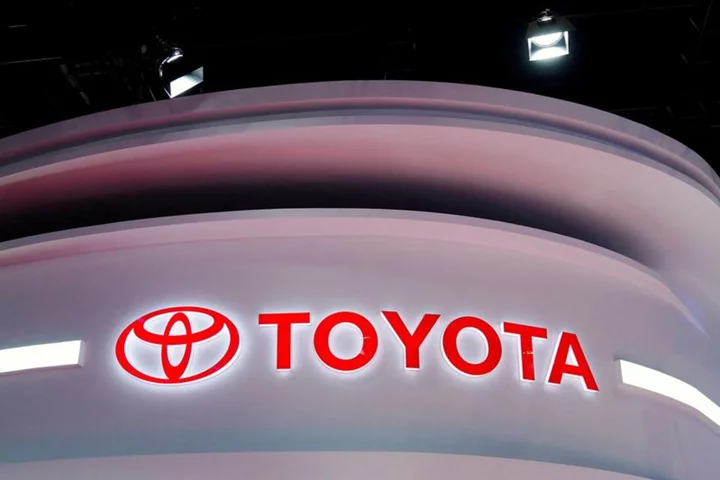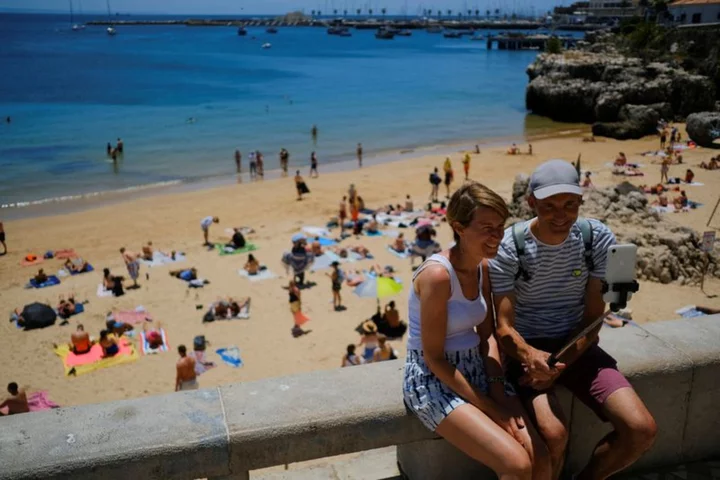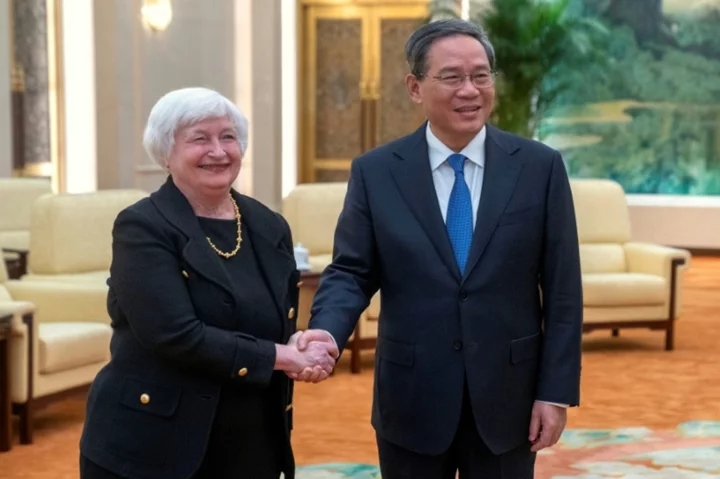TOKYO (Reuters) -Japan will give Toyota up to $841 million in subsidies for the automaker's investment in domestic production of batteries used in electric vehicles (EVs), Industry Minister Yasutoshi Nishimura said on Friday.
Toyota this week laid out a sweeping plan for new technology and a radical redesign of factories, sending the clearest signal yet of its intention to capture a larger share of the fast-growing market for battery EVs, where it has been far outsold by rivals such as Tesla.
"As the international competition for storage batteries is intensifying, competition for capital investment is also becoming more intense," Nishimura told reporters at a media conference.
"Large-scale investments by Toyota group and so on will hopefully lead to a significant strengthening of our country's supply chain for storage batteries," he said.
There were no further details about the investment that Toyota could provide beyond those already disclosed by the ministry, a company spokesperson said.
The government said mass production of the batteries was expected to start in stages from October 2026 onwards.
Japan has designated batteries for energy storage, including car batteries, as important under an economic security law and has earmarked 331.6 billion yen in its second supplementary budget to support their supply and development, the Ministry of Economy, Trade and Industry (METI) said.
The government will shoulder up to 117.8 billion yen ($841 million) yen, or just over a third of about 330 billion yen in investments including for development of next-generation solid-state batteries and lithium iron phosphate batteries, METI said.
It said the subsidy will be provided to Toyota and three companies with which it is working on battery development, including Toyota Industries.
The investment will bring annual production capacity in Japan to 45 gigawatt hours (GWh), Nishimura said, adding the government seeks to achieve domestic output capacity of 150 GWh by 2030.
Japan's No.2 automaker Honda Motor and battery maker GS Yuasa in April announced the building of a new plant that would target an annual production capacity of at least 20 gigawatt hours (GWh).
($1 = 140.0700 yen)
(Reporting by David Dolan and Daniel Leussink; Editing by Hugh Lawson and Sonali Paul)









